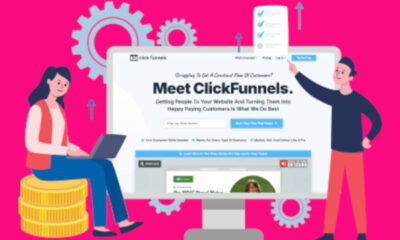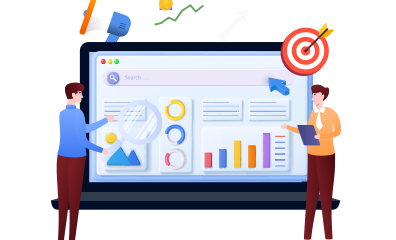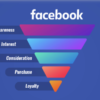Free
Being the Best Version of Yourself With Elsie Lincoln Benedict And Personality Quizzes
Few may know Elsie Lincoln Benedict, but in her time, she was a renowned public speaker and author of the popular manual “How to Analyze People on Sight.” She was once hailed as “The World’s best-known lecturer,” advocating for the suffragist movement with persuasive flair.
Benedict’s ability to captivate audiences was evident when a gathering of 19 transformed into a massive crowd of 3,000 in Lincoln, NE, resulting in her arrest. Her work, like “How to Analyze People on Sight,” gained significant traction before being overshadowed by Dale Carnegie’s “How to Win Friends and Influence People.”
At the Benedict School of Opportunity, she pioneered human analysis – an early form of modern personality assessments. Benedict aimed to educate people about personalities to promote understanding and harmony among individuals.
Today, numerous personality assessments exist to help us navigate human behavior. Let’s delve into Benedict’s approach and other popular assessments that can aid in personal growth. By understanding different personalities, fostering patience and empathy, we can build stronger relationships based on acceptance of inherent traits.
Benedict categorized individuals into five prominent types based on observable characteristics such as appearance. From the Enjoyer to the Thinker, each type has unique attributes that influence interactions and relationships. Understanding self and others’ types enables effective communication tailored for improved interpersonal dynamics.
While some may view character analysis as superficial, Benedict argued that it is a natural human tendency ingrained in daily interactions. By applying science-backed methods to assess personalities accurately, we can enhance communication strategies and foster better connections with those around us.
Harnessing Personality Assessments for Growth
Consider this: Your network matters.
Every individual holds the key to either unlocking or barricading opportunities based on their perception of you. Mastering these impressions can lead to a wealth of opportunities.
By leveraging Benedict’s insights, we cultivate personal growth. Embracing our strengths rooted in natural tendencies and cognitive functioning empowers us.
Acknowledging our shortcomings allows us to seek out those who complement us or improve areas where we falter.
Furthermore, enhancing relationships with others fosters collaborative success and accomplishments in life.
Personality assessments extend beyond personal realms into the workplace. Aligning with counterparts who complement our personality type bolsters productivity.
Various Personality Evaluation Tools
Human behavior is multifaceted. Diverse factors influence our actions and reactions, making categorization challenging.
Psychologists and scientists continually explore ways to assess and classify personalities. Many acknowledge that human traits exist on a dynamic spectrum between dominance and submission.
While personality evaluations serve as effective conversation starters and initial evaluation tools, they also aid in streamlining hiring processes by matching candidate profiles with job requirements efficiently. Leading corporations have embraced these tools for recruitment, team formation, strategy development, communication enhancement, and productivity optimization for years.
Here are some prominent personality assessment instruments:
DiSC: Identifies dominance in Dominance, Influence, Steadiness, or Conscientiousness. Individuals demonstrate varying degrees of each style but usually exhibit higher scores in one or two categories.
MBTI: Reveals insights into information processing methods and decision-making criteria through indicators like Extraversion (E) or Introversion (I), Sensing (S) or Intuition (N), Thinking (T) or Feeling (F), Judging (J) or Perceiving (P).
The Big 5: Assesses extroversion, agreeableness, openness to experience, conscientiousness, and neuroticism.
Enneagram Types: Identifies distinct personalities such as reformers, helpers, achievers among others.
CliftonStrengths: Unleashes potential by identifying themes vital for personal growth across various life domains.
Self-Discovery Journey
Embodying Stephen Covey’s words – “Seek First to Understand, Then to Be Understood.”
Personality profiling serves as an accessible tool for self-awareness and understanding interpersonal dynamics. Once we grasp our own nature while acknowledging diverse personality types around us, we enhance relationships leading to more harmonious living.





























